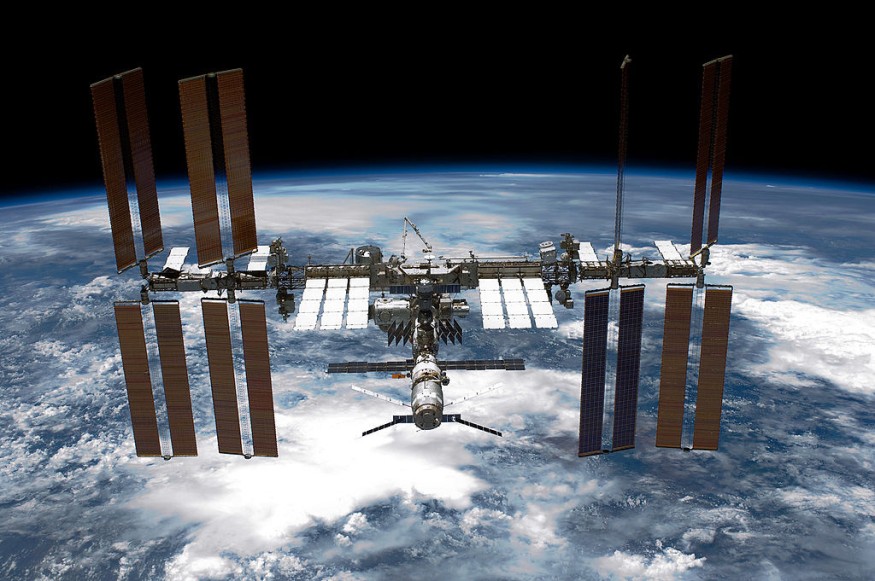According to NASA, the International Space Station (ISS) will operate until 2030 before crashing into the Pacific Ocean in early 2031. In a report this week, the US space agency stated the ISS would fall into an area of the ocean known as Point Nemo.
This is the furthest point on Earth from land, also known as the spacecraft cemetery. Many old satellites and other space debris have crashed there, including the Russian space station Mir in 2001. Commercial space activities near Earth will take the lead in the future, says NASA.
ISS Journey

The International Space Station (ISS) has been in orbit since 1998 and has been continually crewed since 2000, thanks to a collaborative initiative comprising five space agencies. In its microgravity laboratory, more than 3,000 scientific studies have taken place. It is, however, only permitted to run until 2024, and all partners must accept any extension.
According to NASA, the intention to decommission the ISS represented a shift to the private sector for operations in low-Earth orbit or space around Earth.
Phil McAlister, director of commercial space at Nasa Headquarters, said that the private sector is technically and financially capable of creating and managing retail low-Earth orbit destinations with Nasa's help.
Partnering with Axiom Space
Nasa granted a contract to Axiom Space, a Texas-based firm, in 2020 to build at least one livable module for the ISS. It has also given money to three businesses to help them make concepts for space stations and other commercial space destinations.
It is hoped that these new projects will be operational in some capacity before the ISS is decommissioned.
Nasa claimed it intended to develop a strong, American-led commercial economy in low-Earth orbit.
Commercial Sector
The commercial sector is already a vital aspect of the US space program, with private corporations responsible for carrying people and cargo. Russia's Soyuz and Progress spacecraft are also utilized.
Nasa claims that switching to the commercial sector for low-Earth orbit operations will save $1.3 billion (£956 million), money that can be spent on deep-space research instead.
The space agency expects to save money since it will only pay for its required services rather than the ISS's upkeep and operations. Nasa also points out that the private sector space stations will be newer and need fewer spare parts.
Nasa said it had gone over its ISS budget annually and will keep refining its savings predictions.
The transition study issued by Nasa this week comes after the government of US President Joe Biden declared it had pledged to prolong the space station's activities until 2030.
However, the extension still requires the approval of foreign partners, notably Russia, and financing for the ISS is presently only approved by US Congress until 2024.
Sentiments
Dmitry Rogozin, the chief of Russia's space program, showed a readiness to collaborate with Nasa beyond 2024 in an interview with the Russian news agency Interfax in December 2021.
He stated, "Actions speak louder than words. This year, we launched a new Nauka module to the International Space Station that is anticipated to survive at least ten years."
The chairman of Roscosmos also claimed that US sanctions on Russia were affecting the Russian space sector. He has previously stated that Russia may withdraw from the ISS program if the sanctions are not eased.
The US and its Western partners have warned harsher penalties on Russia if it invades Ukraine, but the specific form of such measures is unknown.
Russia had stated that structural fatigue would prevent the ISS from operating beyond 2030, and that old equipment might result in "irreversible disasters.'*
© 2025 NatureWorldNews.com All rights reserved. Do not reproduce without permission.





